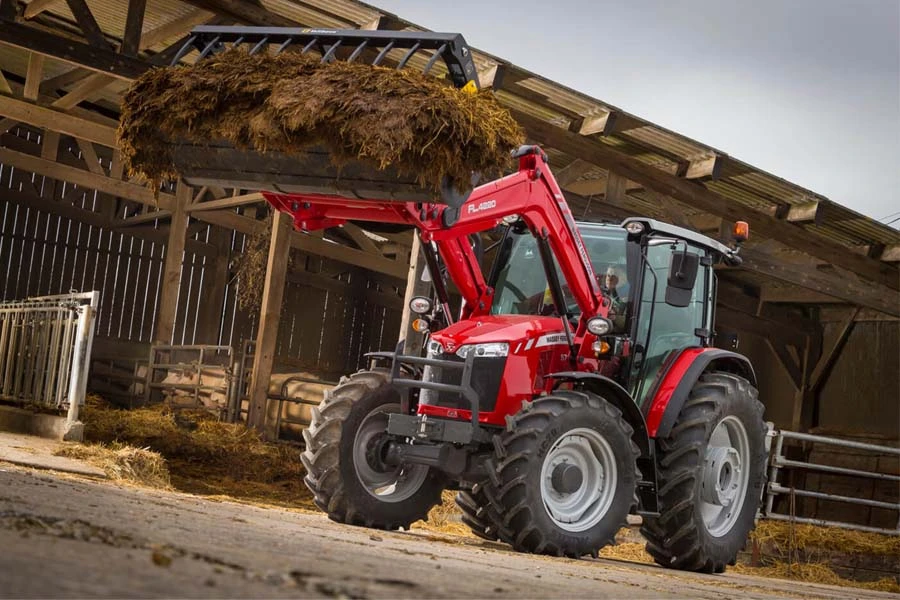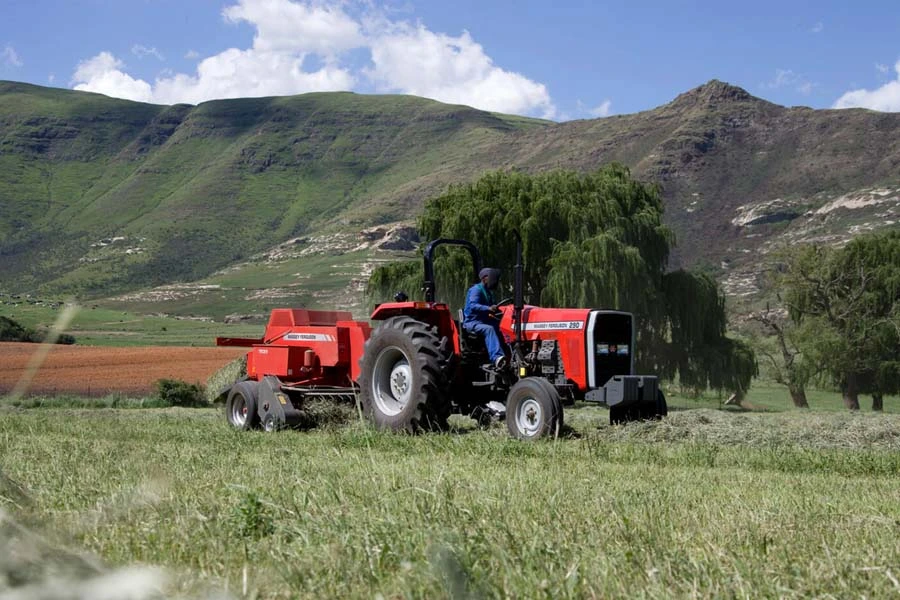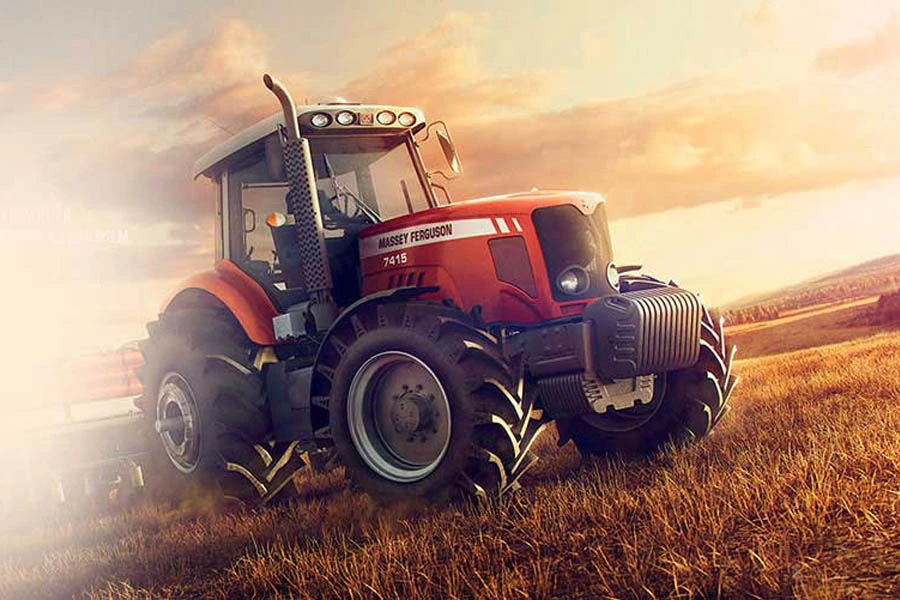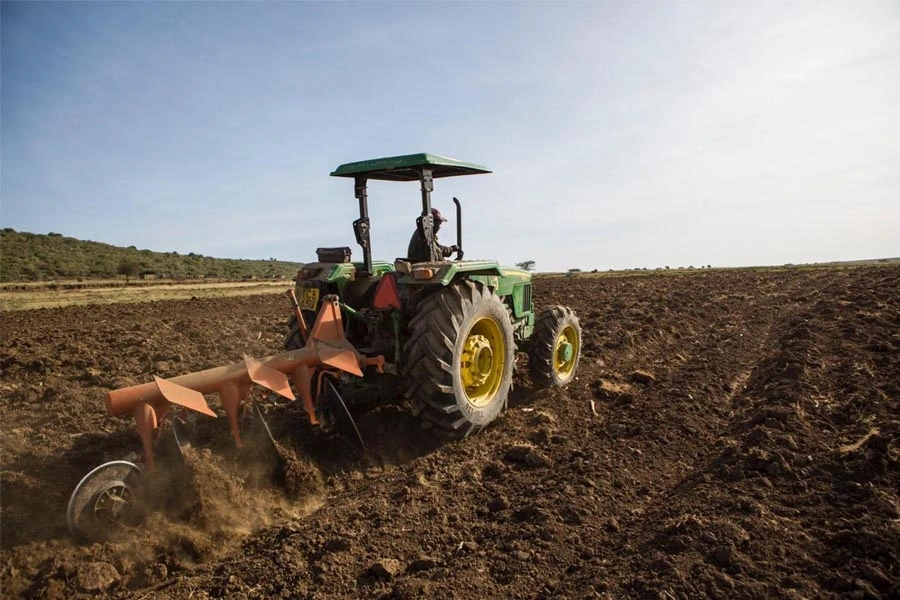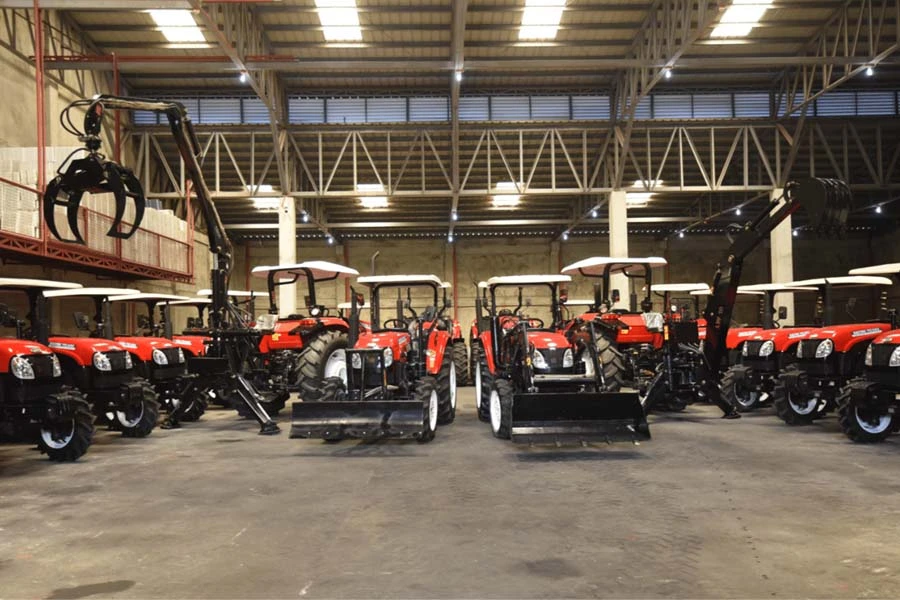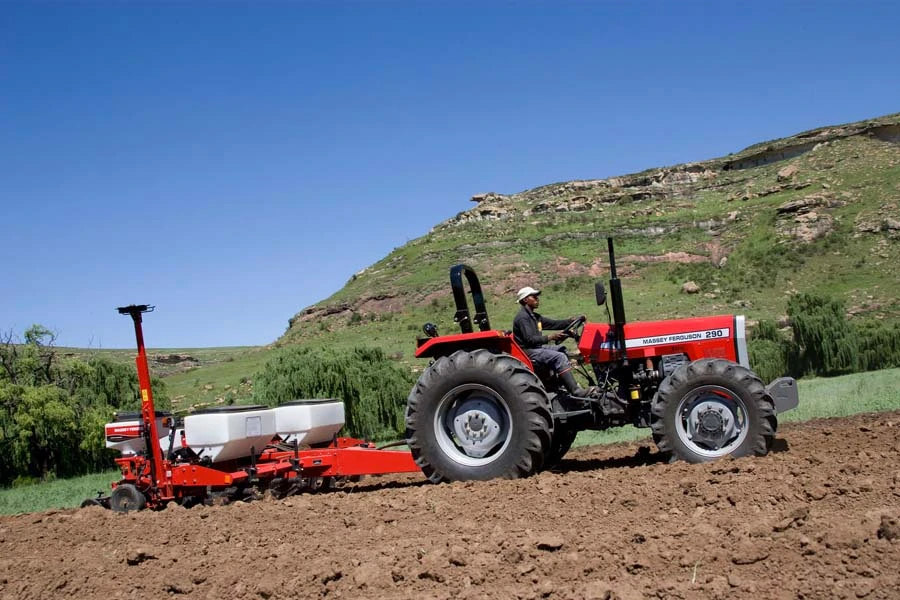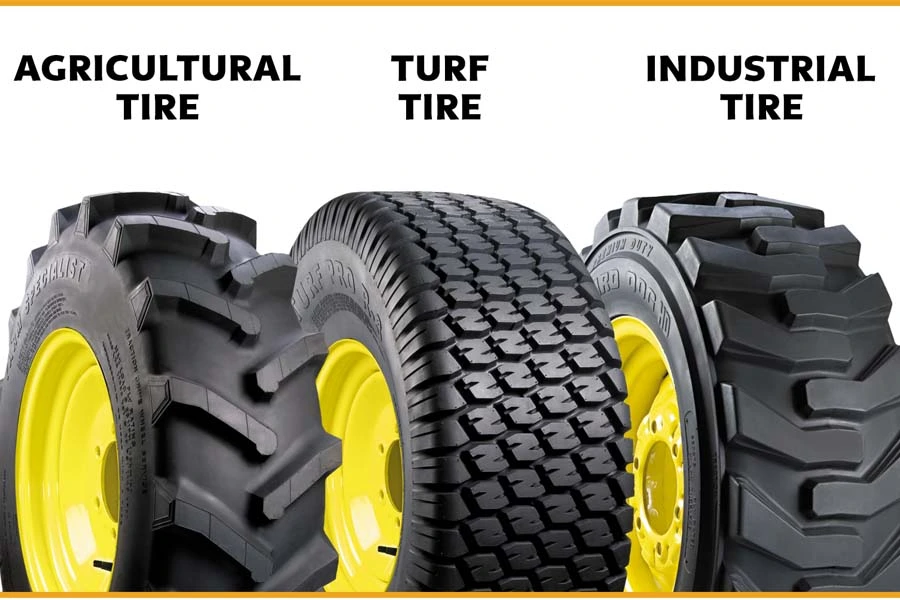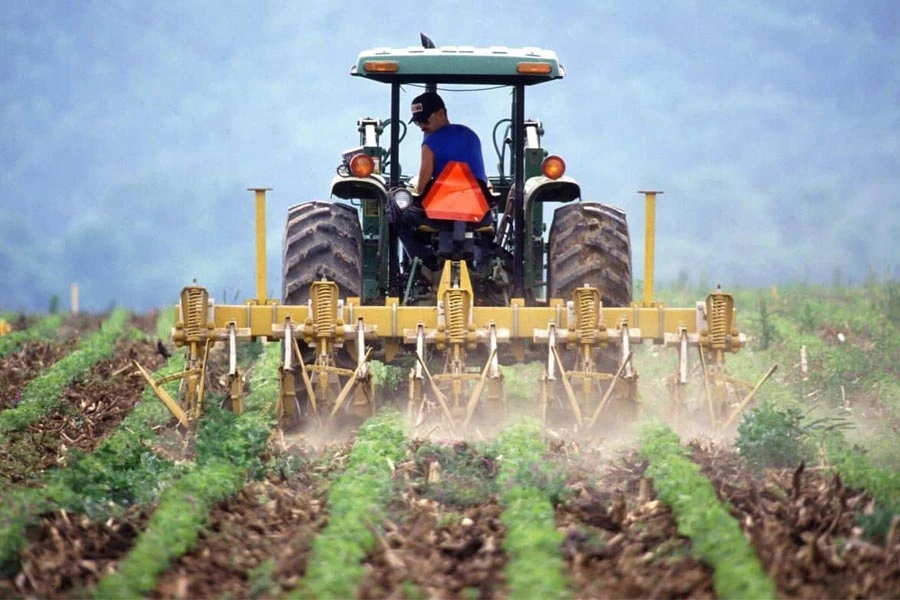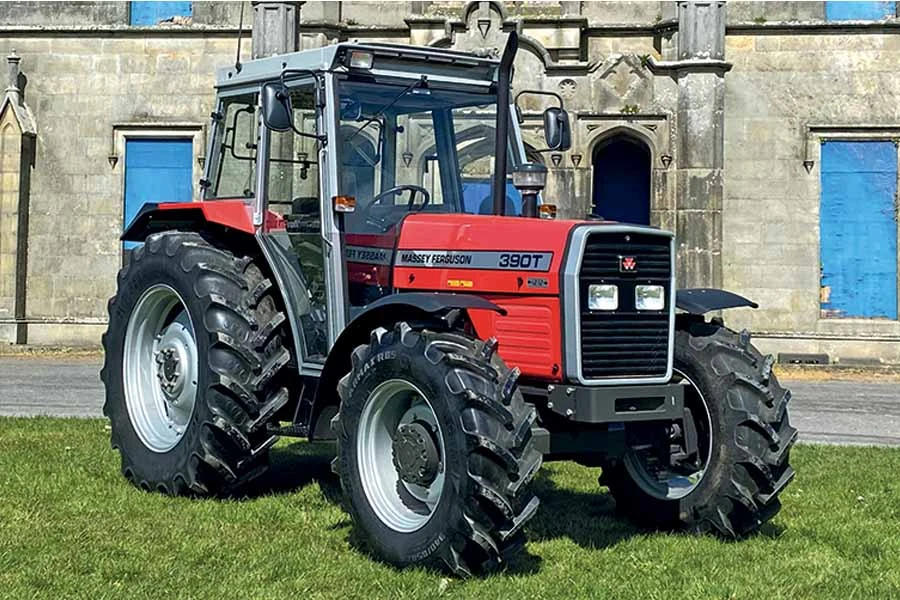In a country rich in agriculture like Zambia, farmers are continually seeking innovations to make their work both easier and more productive. Enter the walking tractor, a game-changer for many in the agricultural sector.
What is a Walking Tractor?
A walking tractor, often called a two-wheel tractor, is a single-axle tractor designed for small to medium-sized farm tasks. Unlike larger, ride-on tractors, operators walk behind these machines, guiding them through the fields. They are known for their simplicity, agility, and cost-effectiveness.
Advantages of Walking Tractors
One of the most alluring aspects of walking tractors is their affordability. For Zambian farmers, budget constraints are a reality, and walking tractors present a lower cost compared to their four-wheeled counterparts, without heavily compromising on capability.
These tractors are celebrated for their versatility. From ploughing to hauling and even operating as a stationary power source, their adaptability makes walking tractors particularly valuable to those who have diverse needs but limited resources.
Though modest in size, walking tractors can significantly enhance productivity. They work much faster than manual labour and are less strenuous on the operator, which means more work can be done with less physical fatigue.
Walking tractors have a lighter footprint than heavier equipment, reducing soil compaction and thus promoting healthier soil conditions. This is crucial for maintaining land productivity in the long term.
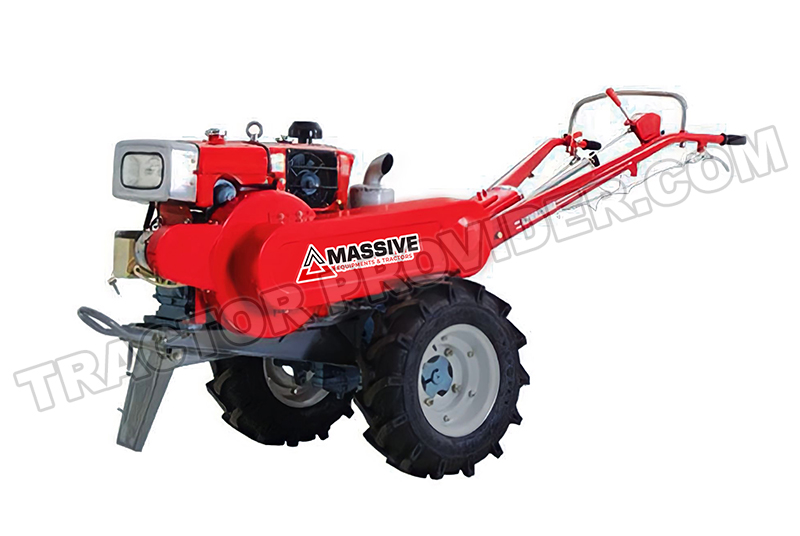
Ease of Use and Maintenance
The simplicity of walking tractors also translates to ease of use and maintenance. This is particularly important in rural Zambia, where access to service centres or skilled mechanics may be limited.
Considerations for Choosing a Walking Tractor
Consider the size of your farm and the terrain you’ll be working with. Walking tractors are ideal for small to medium-sized fields, but for larger or very hilly terrains, a four-wheel tractor might be necessary.
Evaluate what tasks you will carry out. The power and capacity requirements for basic tillage differ vastly from those needed for hauling produce. Ensure the model you consider fits your performance needs.
Availability of Spare Parts and Servicing
Before purchasing, investigate the availability of spare parts and the convenience of servicing in your vicinity. Prolonged downtime due to parts scarcity can cause significant disruption during critical farming periods.
Tips for Optimal Use and Maintenance
Maintaining your walking tractor will ensure longevity and maximum productivity. Regularly check engine oil levels, air filters, and tyre pressure. Clean after use, especially if working in wet soil to prevent rusting or clogging of parts.
Sharpen blades or replace worn-out components promptly. Refer to the user manual for specific maintenance schedules, and seek professional servicing at recommended intervals.
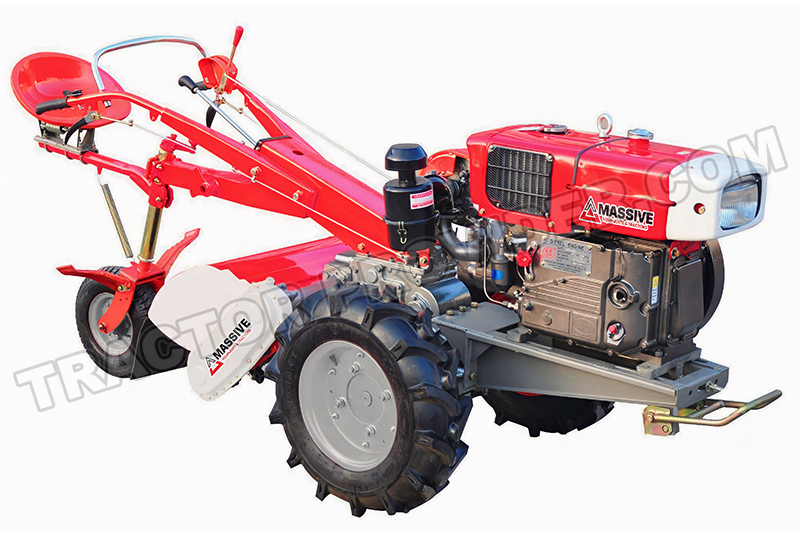
Walking tractors can do wonders for Zambian farmers, offering a multifunctional solution that is both affordable and effective. By taking advantage of their benefits and following proper maintenance protocols, you can enjoy the numerous ways in which these dynamic machines can amplify your farming operations.
Whether you are a seasoned farmer or new to the game, walking tractors are certainly worth considering. With the host of walking tractors for sale in Zambia today, it’s the perfect time to transform your agribusiness and reap the many rewards that these machines bring.
For Zambian farmers, adapting to modern methods such as utilising a walking tractor not only ensures the growth and sustainability of their farms but also contributes to the national agenda of securing food and agricultural productivity. Remember, the journey to modernised farming doesn’t have to start with massive equipment and overwhelming investments; a walking tractor is a humble yet mighty step in revolutionising your agricultural practices. Happy farming!

